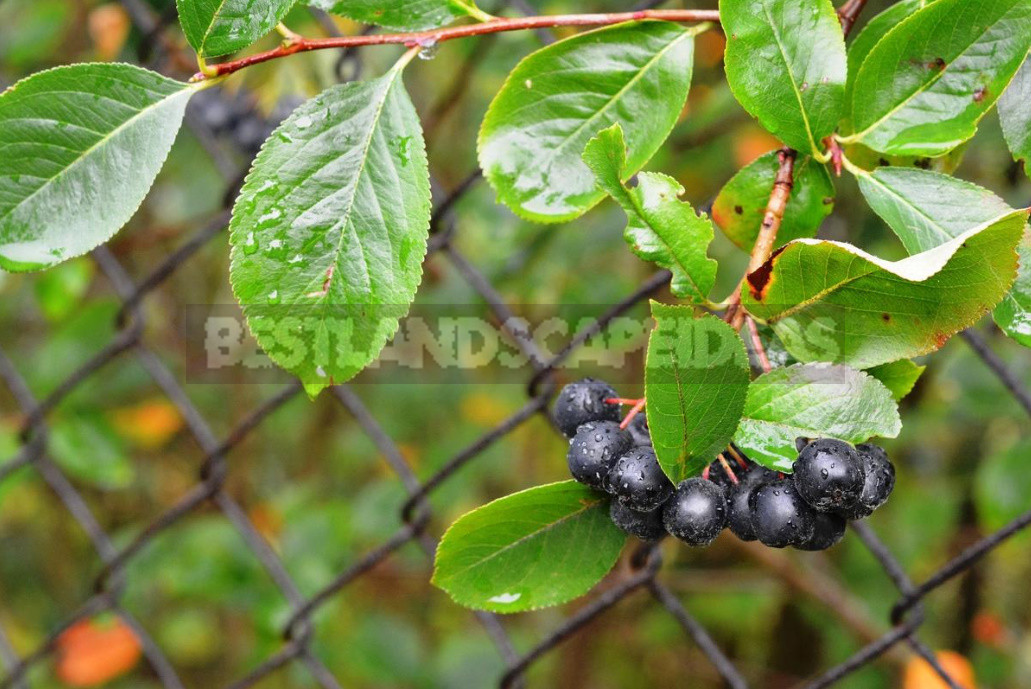
Aronia melanocarpa is a familiar and familiar decorative berry crop. Unpretentious and hardy, in spring it pleases the eye with abundant flowering, and in autumn its branches bend to the ground under the weight of the crop.
But before you take advantage of these generous gifts, you should make sure that there are no contraindications. Aronia melanocarpa is insidious, and not everyone will benefit from its fruits.
Healing properties of Aronia melanocarpa
Aronia melanocarpa berries have a hypotensive, hemostatic, anti-inflammatory, antispasmodic effect; they affect the process of hematopoiesis and help strengthen the walls of capillaries, reducing their fragility and permeability. Due to the iodine content in the fruit, the plant is useful for the prevention of thyroid diseases.
Traditional medicine uses Aronia melanocarpa for hypertension and atherosclerosis (as well as for their prevention), poor blood clotting and a tendency to bleed; berries include herbal teas and vitamin supplements.
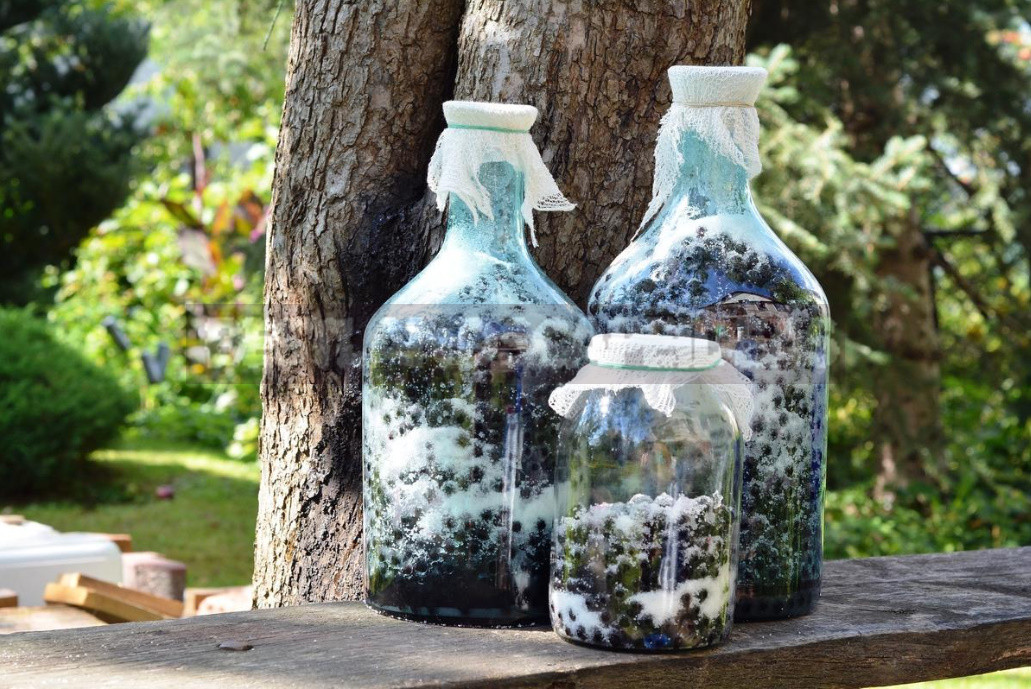
Dried berries are used as medicinal raw materials, from which decoctions and infusions are made, as well as fresh berry juice; many of its properties are preserved in the manufacture of wines, tinctures and liqueurs.
Contraindications to use Aronia melanocarpa
As usual, each coin has a reverse side. The fact that a healthy person will only benefit, in some diseases can cause significant harm. And the healing properties of aronia melanocarpa in some cases can turn into health problems.
Thus, the ability of the fruits of this plant to lower blood pressure can be useful for hypertension — and in those suffering from hypotension, cause deterioration of the condition. And the effect depends largely on the individual characteristics of the body, so you should be careful if you have never used Aronia melanocarpa or products made from it.
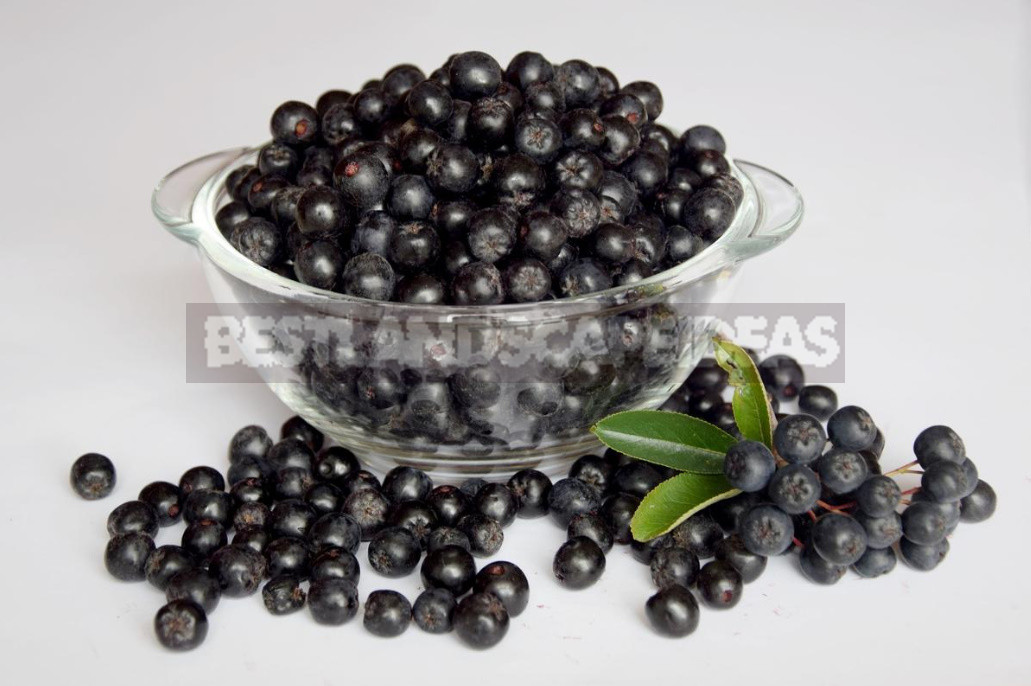
The iodine contained in aronia berries is certainly useful — but in some diseases of the thyroid gland, additional intake of this element in the body can cause complications. Hemostatic properties and the ability to increase blood clotting are an undesirable effect for those who suffer from thrombophlebitis. In these diseases, it is also recommended to refrain from using aronia melanocarpa.
In addition, do not use this plant with hyperacid gastritis, gastric ulcer and duodenal ulcer on the background of increased acidity of gastric juice.
Use the gifts of your garden wisely, and let them only benefit you!
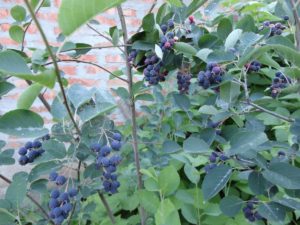
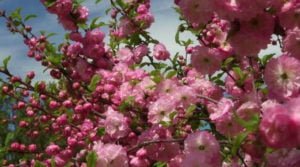
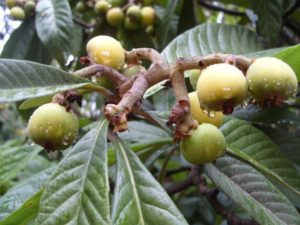
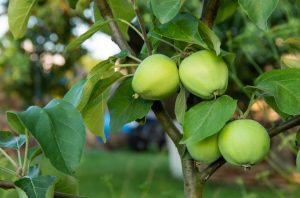
Leave a Reply